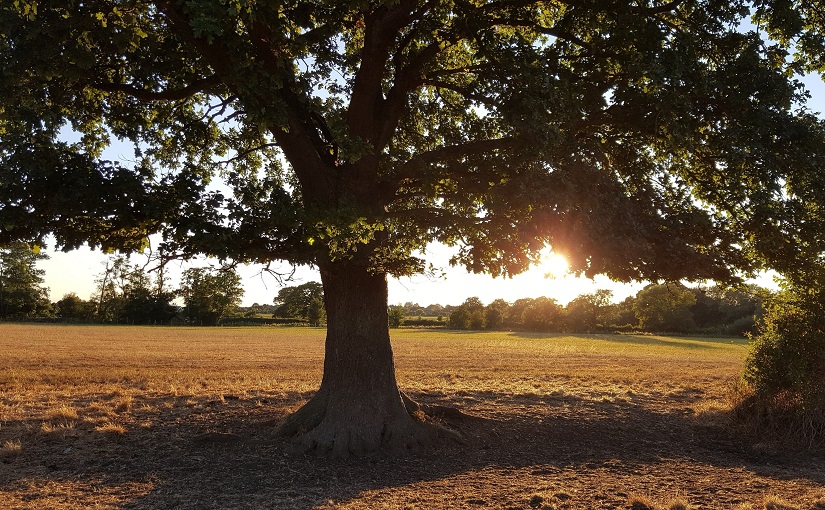Do we know what’s important in life? Say, the ten most essential things we really must know? Or even, with regard to any given piece of information, whether it’s important for others to know it as well? Whether each little fact, insight or comment actually counts much at all. We must all carry a lot of baggage in life, a great deal of information and resources of various kinds, but does it even matter?
Diving right in there, we’re clearly inundated with advice. Pretty much as soon as we’re born, and potentially every single day since, we’re being told things: expectations; warnings; instructions; little hard-won pearls of wisdom; random tips about zips; more thorough guidance on how the world works; whole bodies of knowledge imparted through formal learning. All this, and more.
As if everyone’s filtering through all the stuff they’ve been given and chucking a tonne of it at you, just in case. We must do it on a personal level, almost without thinking: all the statements, judgements and choices we make forming this stream of information about how we see life. Then it’s happening in this more coordinated fashion through media, education, government, and entertainment (see Notes One).
It’s fascinating really, this massive intergenerational conversation between all these interested parties. Each one having their own agenda in terms of how they view “you”, the hopes or expectations they have for your existence, and all they plan to achieve through communicating with you in these ways. Then there’s the whole global, instantaneous, commercial edge we now have on top of it all.
What are we supposed to do with that? How are we to discern the essential from the non-essential? If we’re presented with twenty facts and one of them is crucially important – a piece of information that, if we live our life by it, will make everything so much easier – but the other nineteen flashy, appealing ideas dancing round it are almost completely useless, how are we to know?
And if we’re the ones passing on information, how do we compete with a world that’s acting this way? If we’re trying to communicate something that seems really very important and life-changing, but we look around and see this crazy, screaming world of distracting commercial novelty, what can we do? Do we start yelling, or dressing up our ideas so they stand out better?
Of course, we all think ‘our way’ is right and we’re the ones who should be heard. It’s just getting a little overwhelming, both in terms of volume and then what’s apparently ‘required’ to operate effectively in that space (Notes Two). And if this is information to live our lives by – knowledge, advice on well-being, awareness of current affairs – is it not also risky?
Who knows where the answer lies. Possibly with personal discernment in evaluating our own contributions. Maybe in disengaging slightly from channels offering little more than distraction. Perhaps by focussing in on what matters and shifting a calmer conversation to that place?
Notes and References:
Note 1: Seeing, knowing and loving
Note 1: Able to see what matters?
Note 1: Respect, rebellion & renovation
Note 1: What’s a reasonable response?
Note 2: Concerns over how we’re living
Note 2: The need for discernment
Note 2: Testing times

